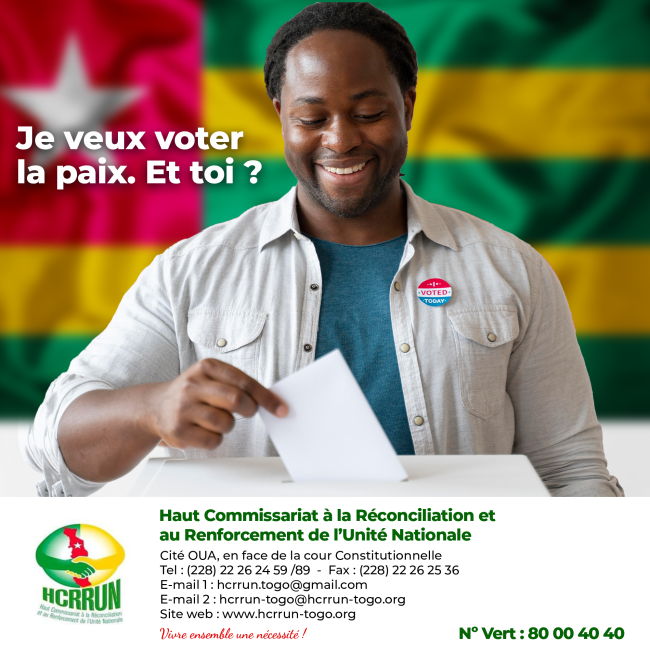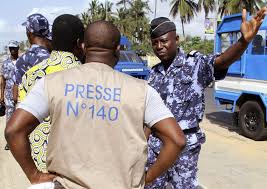Statement by SLAJ President, Ahmed Sahid Nasralla, at the Opening Ceremony of SLAJ Annual General Meeting 2023
Dorwaila Inn & Suites, Kenema City, on 9th September, 2023 at 9:00 am

Opening courtesies…
Last night I fell asleep thinking deeply about what I would put together as a brief but impactful statement on an occasion like this; a statement that would speak to the current political situation in the country that one of my colleagues best described in a privileged conversation some days ago as a state of UNEASY CALM.
We just had our 5th democratic election about two months ago, an election that has exposed deep political division which is fast creeping into our social, cultural, and educational constructs.
The main opposition party has grievances about the outcome of the elections and has refused to participate in the governance of the State.
Our International partners are singing from the same hymn on the call for independent investigations into the conduct of the elections.
The Government has expressed the desire to engage in a political dialogue to resolve the situation.
This state of uneasy calm is affecting the economy and the well-being of our people.
As I speak, the mediation is ongoing; led by the ICPNC in collaboration with the Commonwealth Secretariat (who are in town), the IRCSL, and the Peace Pledge Committee of which SLAJ is a part of. In fact, as a result of that, our keynote speaker, Rev. Shodanke Johnson, who is Chairman of the ICPNC, will not be here in person to deliver his speech but we will watch and listen to the short video he sent.
In this state of affairs, what can we do as journalists, media, and SLAJ to support the process? That was the question I actually slept with.
So I woke early and did some research on case studies of the role of journalists in post-election situations that were tense and divisive. Here are my findings:
KENYA (2007-2008) : Following the disputed presidential election in 2007, Kenya experienced widespread violence and tension between different ethnic groups. Journalists played a critical role in promoting peace by:
Providing balanced and objective coverage of the crisis, avoiding inflammatory language or bias.
Offering a platform for politicians and community leaders to discuss their grievances and seek common ground.
Collaborating with international organizations to fact-check information and counter false rumors and hate speech.
Actively monitoring hate speech on social media and reporting it to relevant authorities.

Highlighting stories of individuals and communities working towards reconciliation and peace.
COTE D’IVOIRE (2010-2011) : In the aftermath of the 2010 presidential election in Cote d’Ivoire, which resulted in a violent political standoff, journalists played a pivotal role in promoting dialogue and peace by:
Reporting on the human rights abuses and violence committed by both sides, holding perpetrators accountable.
Facilitating dialogues and discussions between political opponents through interviews and televised debates.
Providing a platform for international organizations and mediators to communicate with the Ivorian public.
Raising awareness about the importance of a peaceful resolution and the consequences of further conflict.
Advocating for press freedom and safety, as journalists faced risks and threats while covering the crisis.
ZIMBABWE (2018) : After the contentious 2018 general elections in Zimbabwe, journalists contributed to defusing tensions and fostering dialogue by:
Reporting on allegations of election irregularities and voter suppression, which prompted investigations and reforms.
Conducting interviews with political leaders and citizens to provide diverse perspectives on the election outcome.
Promoting peacebuilding efforts by covering initiatives and events that aimed to reconcile political opponents and heal divisions.
Monitoring and fact-checking election-related information on social media to prevent the spread of misinformation and incitement.
Continuously advocating for media freedom and safety amid challenges faced by journalists.
These case studies illustrate how journalists can use their platform to mitigate tensions, promote dialogue, and contribute to the resolution of post-election conflicts. By providing accurate information, facilitating discussions, and advocating for peace, journalists can play a crucial role in building and maintaining stability in such situations.
This is what we are here to agree on as journalists.
We must all agree that these are challenging times for our country and our profession.
Let us play our part so that posterity will judge us fairly.
I thank you.



